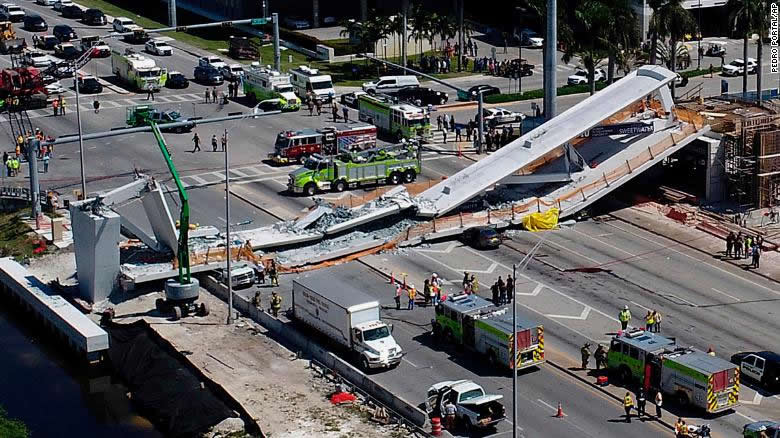Holling, C.S. “Engineering resilience versus ecological resilience.” Engineering within ecological constraints 31, no. 1996 (1996): 32.
‘Engineering resilience’ is not ‘resilience engineering’. One of the most common mistakes made by experts and newcomers is to use these two terms interchangeably as if they were same. Instead, each term refers to conflicting perspectives on what resilience means in engineered systems.

